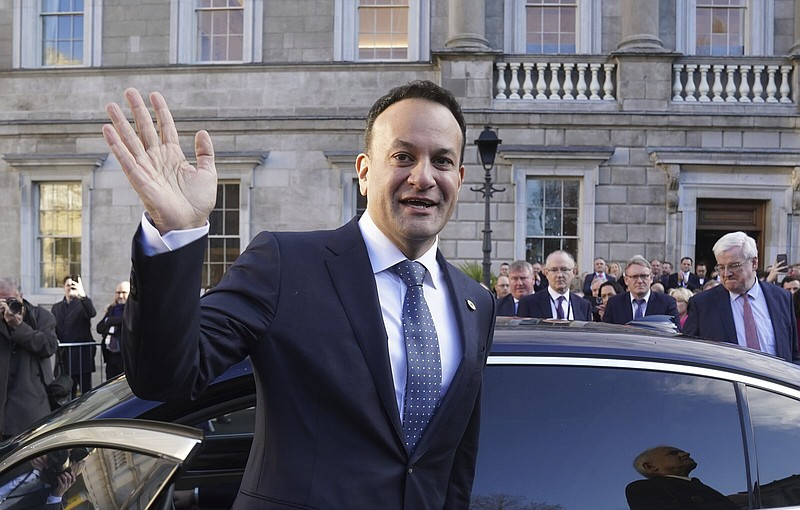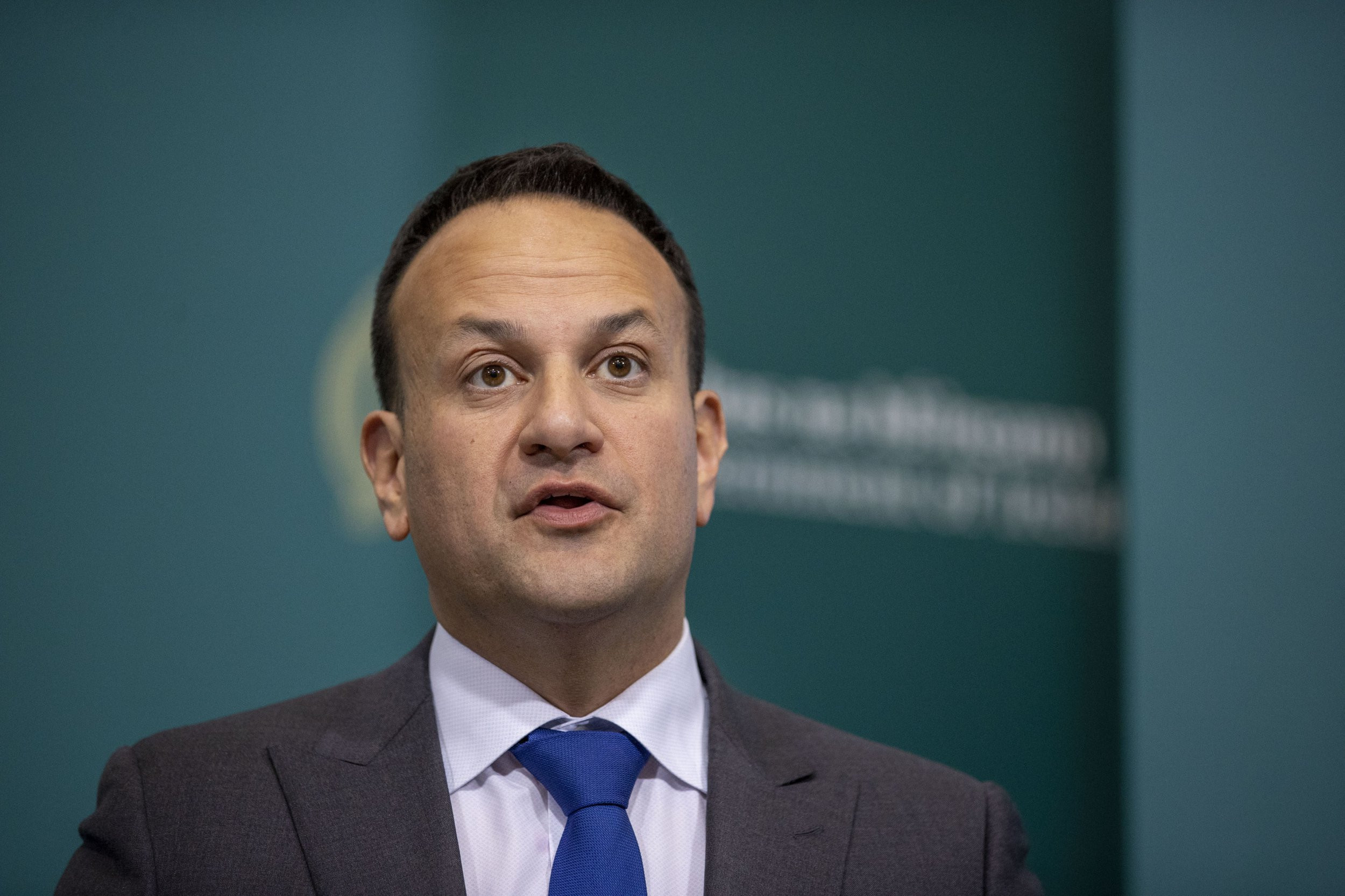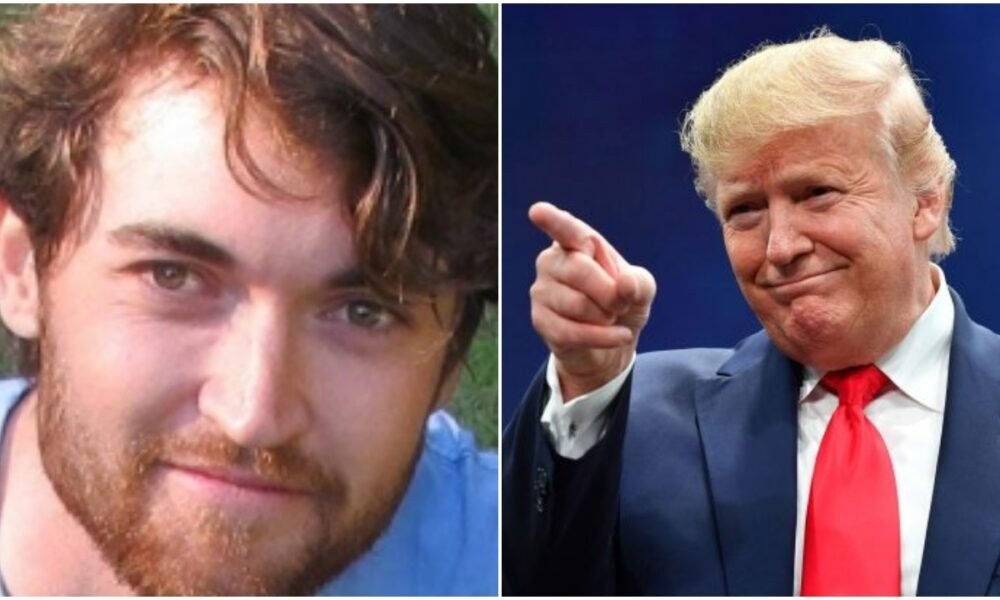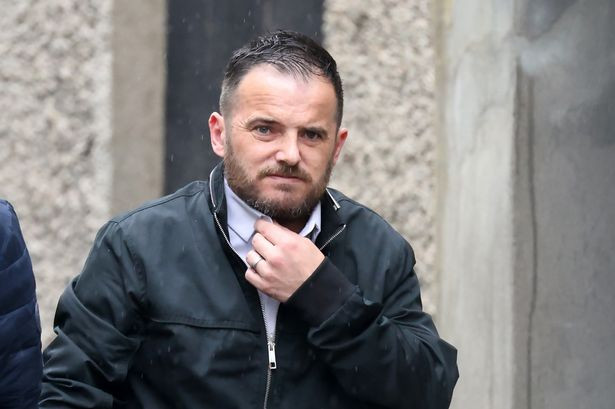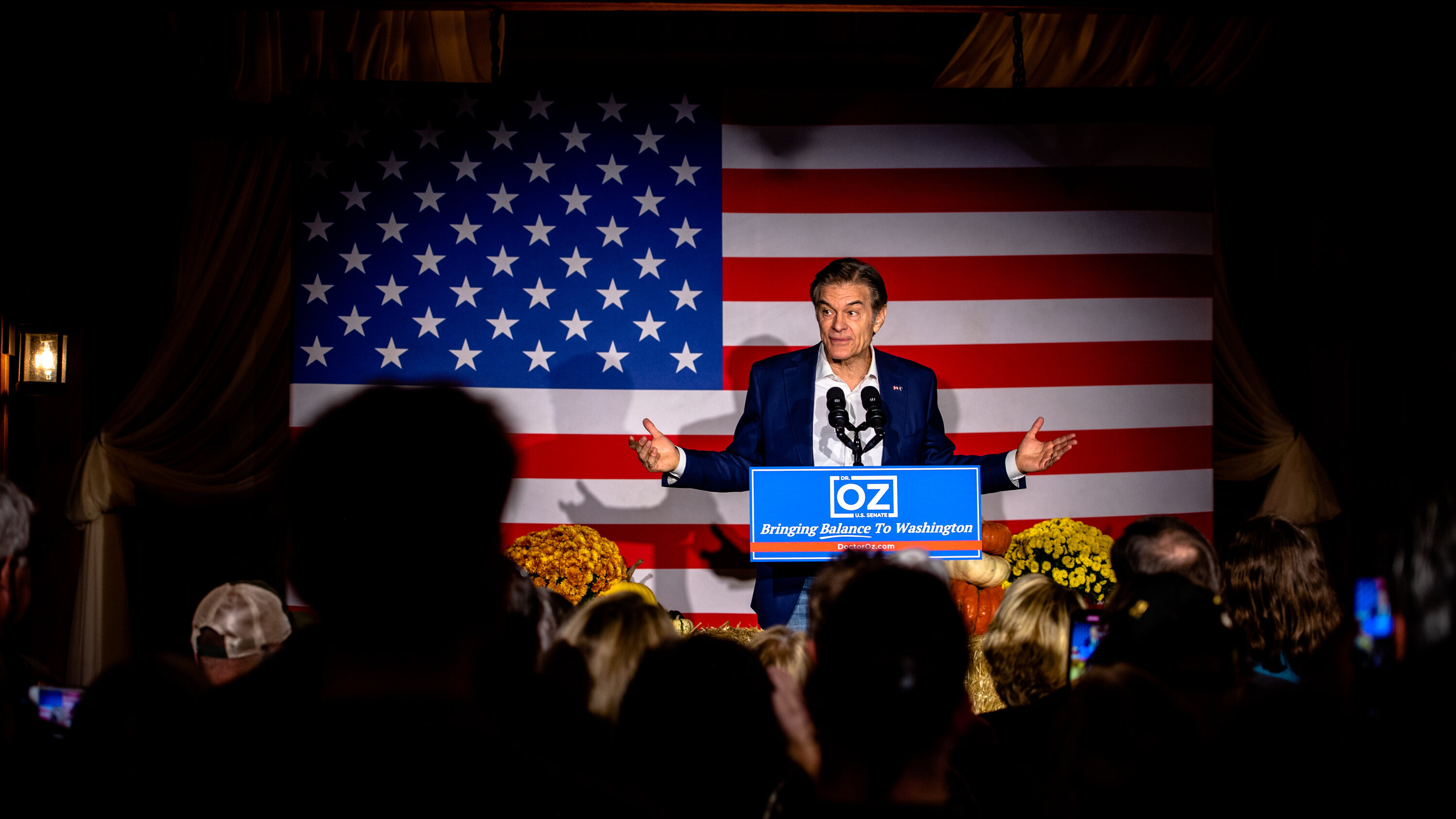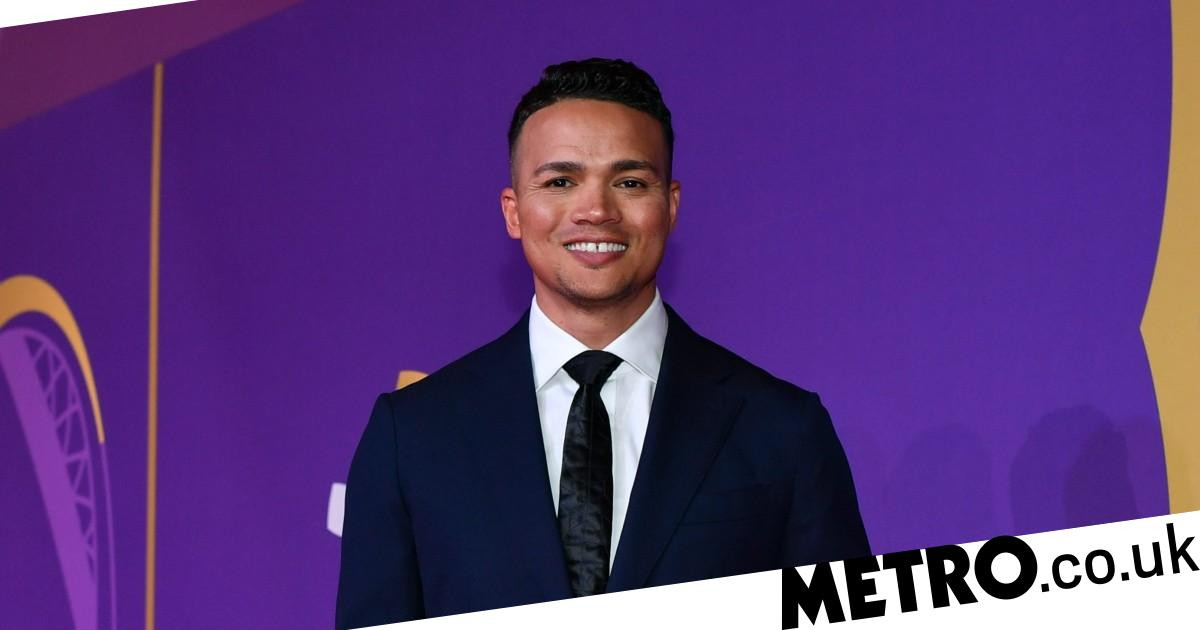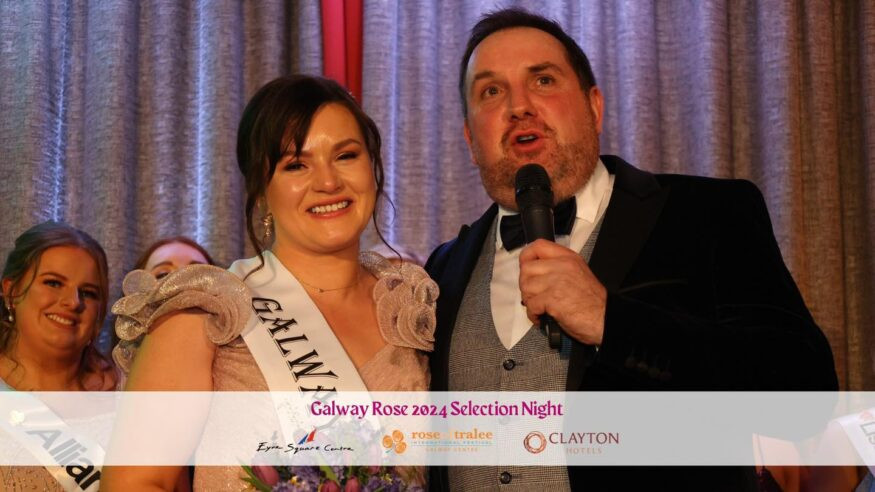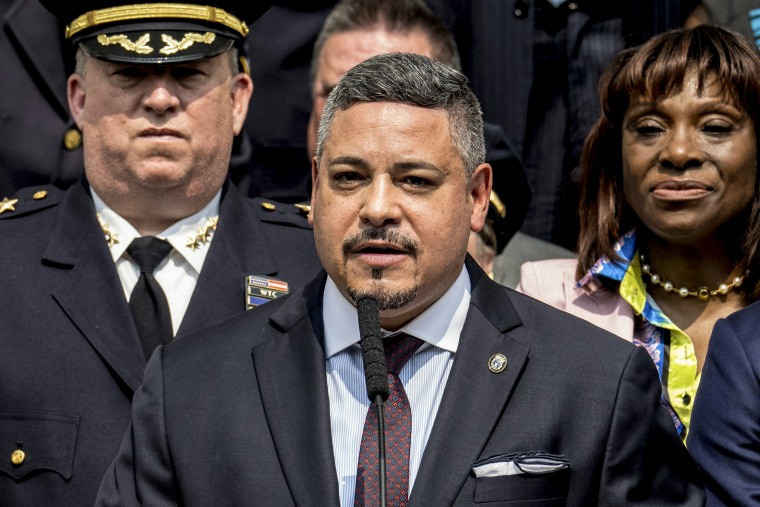Former Taoiseach Leo Varadkar has reignited the debate surrounding Irish unification, calling for a two-stage referendum process to gauge public sentiment and potentially pave the way for a united Ireland. This bold proposal has been met with mixed reactions, with some welcoming the renewed focus on the issue while others remain skeptical about its feasibility.
During a speech in Derry, Varadkar proposed an initial vote where citizens on both sides of the border would decide whether they agree “in principle” with constitutional change. This would be followed by a final “confirmatory” ballot once the structures and constitution of the new political entity were designed and presented to the public. This two-stage approach, according to Varadkar, could be a more effective strategy for garnering support from unionist communities, particularly those who might be hesitant about a single, decisive referendum.
This proposal, while intriguing, has sparked debate. Some, like Sinn Féin leader Mary Lou McDonald, have welcomed Varadkar's call for a united Ireland, labeling it a “no-brainer.” McDonald, however, emphasizes the need for concrete action beyond rhetoric, advocating for a citizen's assembly and structured democratic conversation before any referendum.
Others, however, are more cautious. Former Ulster Unionist Party leader Doug Beattie has voiced skepticism, questioning why Varadkar didn't push for Irish unity when he was in office. Beattie remains committed to a United Kingdom and maintains that any referendum on unification would be defeated. He argues that the concept of “accommodating” people from a British identity in a new Ireland is insufficient and emphasizes the need for a shared vision where everyone feels truly at home.
While Varadkar acknowledges that many unionists may not be receptive to unification discussions, he believes a yes vote in the initial “in principle” ballot could persuade skeptics to participate in the process of designing the new state. He emphasizes the need for co-designing the new Ireland with those who are willing to talk, making necessary changes and concessions to ensure a united Ireland works for everyone.
Varadkar is not alone in advocating for Irish unity. The SDLP, a Northern Ireland political party, has established a New Ireland Commission to explore potential pathways to unification. Varadkar's speech in Derry was part of this initiative, highlighting the growing momentum behind the movement for a united Ireland.
The Challenges Ahead
Despite the renewed interest in Irish unity, significant challenges remain. The most pressing challenge is securing the support of unionist communities who have traditionally opposed a united Ireland. Varadkar's two-stage referendum proposal aims to address this concern by breaking down the process and providing opportunities for dialogue and co-design. However, it remains to be seen if this approach will be sufficient to bridge the political divide.
The complexities surrounding the Good Friday Agreement, which governs the political landscape in Northern Ireland, also pose a challenge. The agreement mandates a referendum on unification only if there is evidence of a shift in public opinion in favor of unity. Varadkar's proposed two-stage referendum, however, is not explicitly outlined in the agreement. Therefore, its implementation would require further discussions and agreements between the UK and Irish governments.
The Economic Factor
Beyond the political hurdles, there are also economic considerations. The potential for a united Ireland presents both opportunities and risks. A unified Ireland could benefit from a larger market, increased investment, and enhanced competitiveness. However, it would also require significant investment in infrastructure, public services, and social programs to ensure a smooth transition and minimize disruptions.
Looking Ahead
While the path to Irish unity remains uncertain, Varadkar's renewed push for unification has sparked a much-needed conversation. The debate surrounding a potential referendum, the role of unionist communities, and the economic implications of unification will continue to shape the future of Ireland. The question remains whether this renewed momentum will be enough to overcome the political and social barriers that have long stood in the way of a united Ireland.




